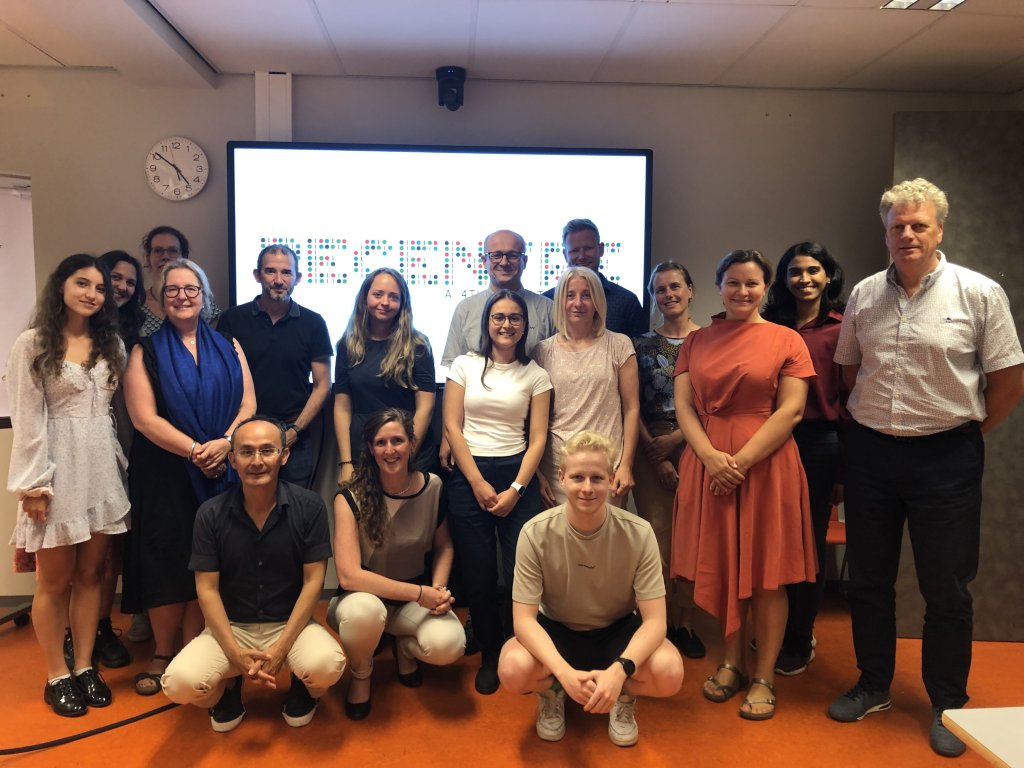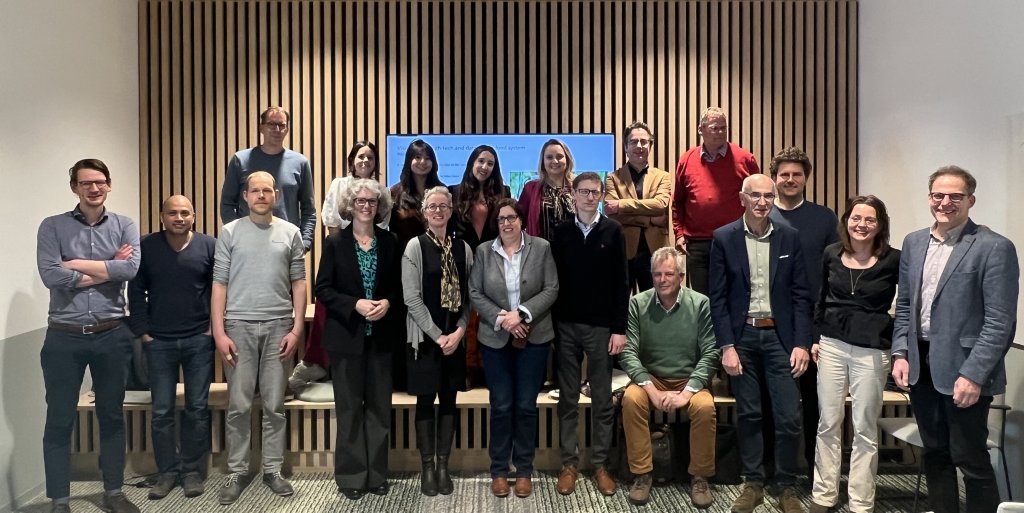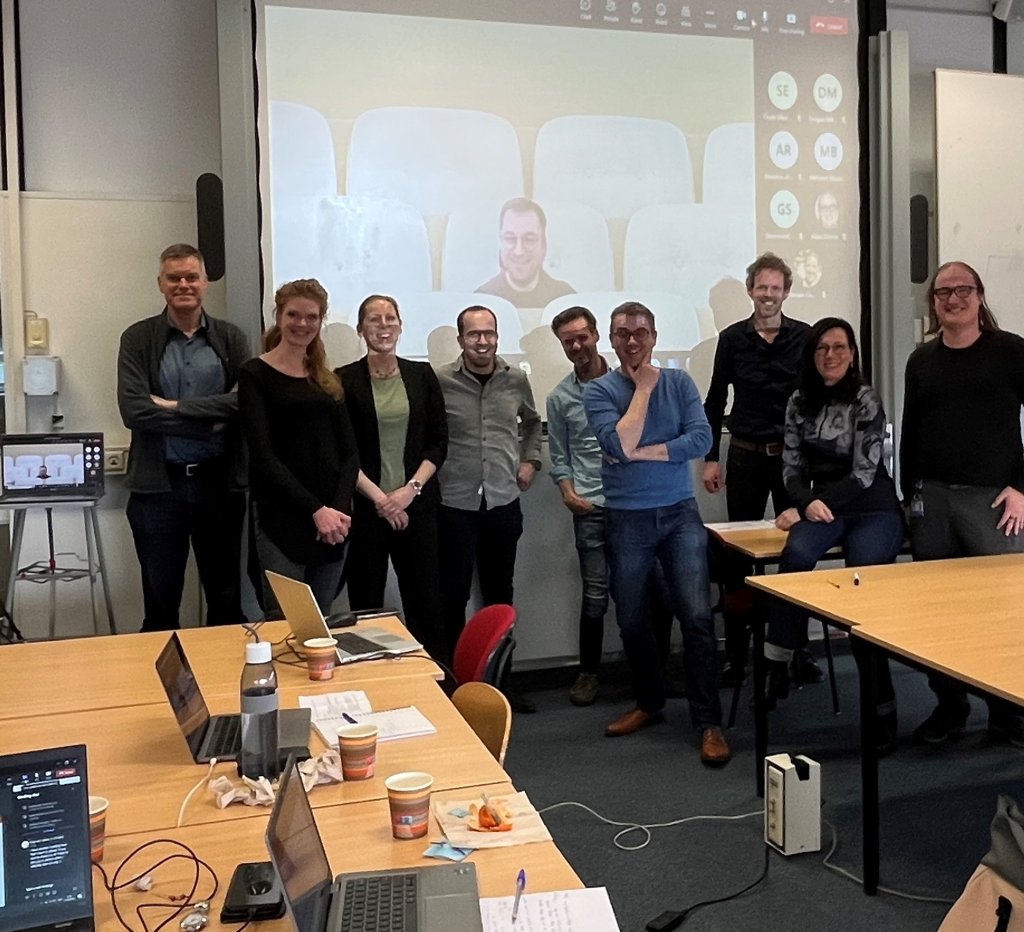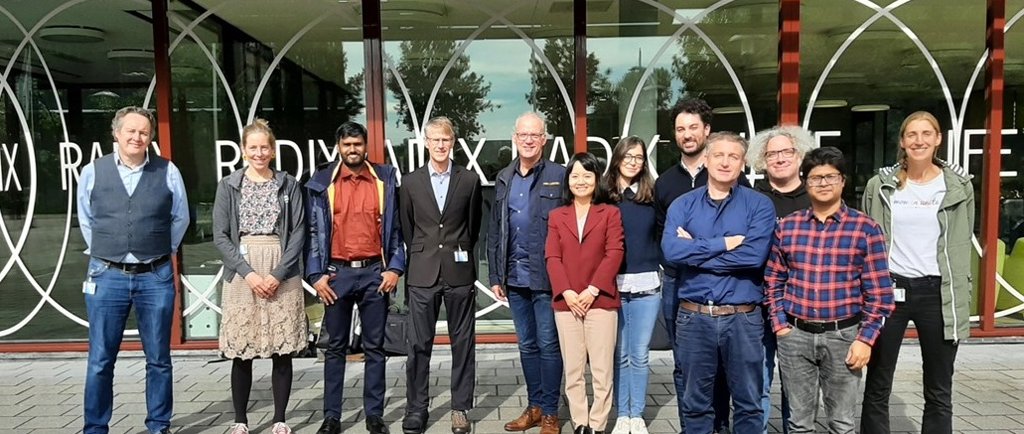Since this autumn, the teams of the four new High Tech for a Sustainable Future (HTSF) programmes are at full strength and will be able to start their high-tech research on themes such as the heat-free city, personalised healthcare, green sensors and the food system of the future.
The teams distinguish themselves by their balanced composition, both in terms of representation from the four TUs, and nationalities, as well as male/female divisions and scientific disciplines.
The teams consist of a programme coordinator, programme members with representation from the four technical universities, PhDs and new tenure trackers paid for three years with 4TU budget. Read more about the policy around Tenure Trackers in the section below.
Annemieke Witteveen, who coordinates the research group, is looking forward to working with this diverse team. She says: ''RECENTRE is a group of enthusiastic, multicultural and transdiciplinary scientists who are highly motivated to make a real impact in clinical practice using ehealth technology for people at risk of late effects from cancer or obesity."
The research composition is 1 programme leader (Miranda Meuwissen, WUR), 8 programme members, 5 new Tenure Trackers and 1 PhD. The team will be further expanded with 4 PhDs.
Miranda Meuwissen about the drive in her team: '4TU-Redesign is really about a new food system. Our consortium is very motivated to work on this together.'
Wim Timmermans is proud of the social impact of the programme, saying, "By providing people with the right information and getting them more involved, you can encourage them to take steps of their own to reduce the heat in their city. We are primarily a technical programme but if we can achieve this kind of citizen ownership as a side effect, I am very proud!"
The research composition is 1 programme coordinator (Eldert van Henten, WUR), 11 programme members, 4 new Tenure Trackers, 2 PhDs with 2 more new PhDs on the way.
Eldert van Henten praises the diversity of the consortium: 'Coordinating multiple expertises in a consortium of four technical universities poses a challenge, yet it also holds the potential to develop complementary technologies, an opportunity also much valued by our partners'.
HTSF Crossover Event
The round 2 programmes were kicked off on 9 June by the four 4TU rectors (Arthur Mol, WUR; Tim van der Hagen, TUD; Sylvia Lenaerts, TU/e and Tom Veldkamp, UT) at the HTSF Crossover Event. Read the recap.



